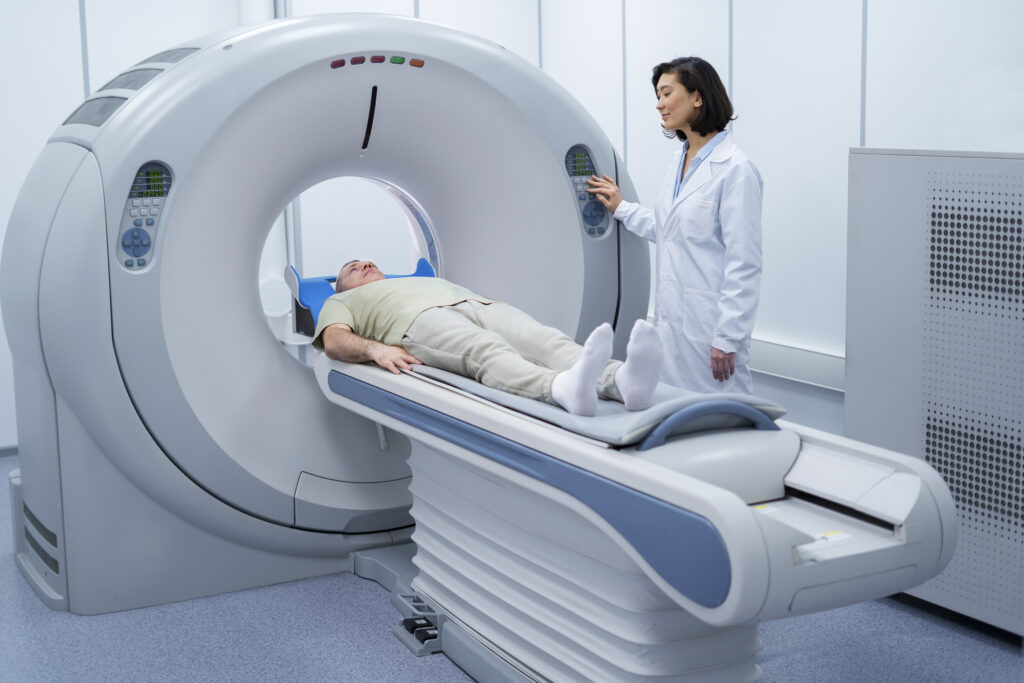Cardio-thoracic surgery is one of the most challenging and rewarding medical specializations. It requires exceptional skill, years of rigorous training, and a deep commitment to patient care. In Malaysia, cardio-thoracic surgeons must meet stringent qualifications and adhere to standards set by the Malaysian Medical Council (MMC) and other regulatory bodies.
This article outlines the qualifications needed for cardio-thoracic surgery in Malaysia, detailing the educational path, certifications, and professional requirements.
Understanding Cardio-Thoracic Surgery in Malaysia
Cardio-thoracic surgery involves diagnosing and treating conditions of the heart, lungs, esophagus, and chest. Surgeons in this field handle life-saving procedures like coronary artery bypass grafting (CABG), heart valve replacements, and surgeries for lung cancer.
Given the complexity of these operations, only highly trained and qualified professionals are permitted to practice this specialization. Becoming a cardio-thoracic surgeon in Malaysia involves years of education, rigorous training, and continuous professional development.
Educational Pathway for Cardio-Thoracic Surgeons in Malaysia
1. Bachelor’s Degree in Medicine
The first step is obtaining a Bachelor of Medicine and Bachelor of Surgery (MBBS or MBChB) degree from a recognized medical school. This degree typically takes five to six years to complete and includes:
- Pre-clinical Studies: Subjects like anatomy, physiology, biochemistry, and pharmacology.
- Clinical Training: Hands-on exposure to different medical specialties under the supervision of experienced doctors.
Graduates must complete their medical degree from a university approved by the Malaysian Medical Council (MMC).
2. Housemanship (Internship)
After earning their MBBS, aspiring surgeons must undergo a two-year housemanship program in Malaysian hospitals. This phase provides practical training in various medical disciplines, including general surgery. It is also the time when young doctors gain critical experience in patient care and hospital protocols.
3. Medical Officer (MO) Experience
Once housemanship is completed, doctors work as Medical Officers (MOs) for several years. Aspiring cardio-thoracic surgeons typically seek placements in departments related to cardiology, thoracic medicine, or general surgery.
This stage allows doctors to build a foundation in surgical techniques, patient management, and teamwork.
Postgraduate Training and Specialization
1. General Surgery Training
Cardio-thoracic surgery is a sub-specialization of general surgery. Therefore, doctors must first complete a postgraduate degree in general surgery, such as a Master of Surgery (MS) or an equivalent qualification.
This training takes about four to five years and includes:
- Rigorous theoretical coursework.
- Extensive hands-on surgical experience.
- Research and case presentations.
2. Fellowship in Cardio-Thoracic Surgery
Doctors must pursue a fellowship in cardiothoracic surgery to specialize. These programs are offered by reputable institutions in Malaysia or abroad.
The fellowship focuses on:
- Advanced surgical techniques, such as minimally invasive and robotic-assisted surgeries.
- Sub-specialties like pediatric heart surgery, valve repair, or lung transplants.
- Hands-on training under the mentorship of experienced surgeons.
Fellowships generally take an additional two to three years to complete.
Professional Certifications and Licensing
1. Specialist Registration
After completing their fellowship, surgeons must register as specialists with the National Specialist Register (NSR) of Malaysia. This certification ensures that the surgeon has met all professional and ethical standards.
2. Continuing Medical Education (CME)
Maintaining a license to practice requires surgeons to participate in Continuing Medical Education (CME) activities. This ensures they stay updated with the latest advancements in their field.
3. Membership in Professional Bodies
Cardio-thoracic surgeons often join organizations like the Malaysian Association for Thoracic and Cardiovascular Surgery (MATCVS) or the Academy of Medicine Malaysia. Membership in such bodies enhances credibility and provides networking opportunities.
Essential Skills for Cardio-Thoracic Surgeons
1. Surgical Expertise
Surgeons must master techniques for performing highly complex procedures with precision and efficiency.
2. Decision-Making Ability
Quick and accurate decisions are crucial, especially during emergencies like cardiac arrests.
3. Communication Skills
Surgeons need excellent communication skills to explain procedures, risks, and outcomes to patients and their families.
4. Physical and Mental Stamina
Given the long hours in the operating room, surgeons must maintain high levels of endurance and focus.
5. Commitment to Lifelong Learning
Medicine is ever-evolving, and staying updated is essential for providing the best patient care.
Challenges in Becoming a Cardio-Thoracic Surgeon
1. Long Training Period
Becoming a fully qualified cardio-thoracic surgeon in Malaysia takes approximately 15 years of education and training.
2. High Pressure
Surgeons often work under high-stress conditions, managing life-threatening cases and long surgeries.
3. Balancing Work-Life Commitments
The demanding nature of the job requires a strong support system and excellent time management skills.
The Role of Technology in Training
Modern advancements like virtual reality (VR) simulations and robotic-assisted surgery systems have revolutionized cardiothoracic surgeons’ training. These tools allow for practice in a controlled, risk-free environment, improving skill acquisition.
FAQs
1. What academic qualifications are needed to become a cardio-thoracic surgeon in Malaysia?
To become a cardio-thoracic surgeon, you must first earn an MBBS degree, complete housemanship, and then pursue postgraduate training in general surgery followed by a fellowship in cardio-thoracic surgery.
2. How long does it take to become a cardio-thoracic surgeon in Malaysia?
The entire process, including education, housemanship, postgraduate training, and specialization, takes approximately 15 years.
3. Are international fellowships necessary for Malaysian surgeons?
While not mandatory, international fellowships offer exposure to advanced techniques and global best practices, enhancing the surgeon’s expertise and credibility.
4. Can medical officers directly specialize in cardio-thoracic surgery?
No, they must complete postgraduate general surgery training before specializing in cardio-thoracic surgery through a fellowship program.
5. Is cardio-thoracic surgery in Malaysia regulated?
Yes, the profession is strictly regulated by the Malaysian Medical Council (MMC) and the National Specialist Register (NSR), ensuring high standards of care.
Becoming a cardiothoracic surgeon in Malaysia is a journey of dedication, skill development, and continuous learning. The rigorous qualifications ensure that these specialists are well-prepared to handle the complexities of heart and chest surgeries and contribute to the nation’s advanced healthcare system.
Want to learn more? Read: https://vacayla.com/2025/01/12/cardiothoracic-surgery-in-malaysia-a-complete-guide/




